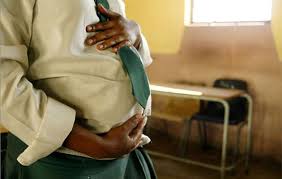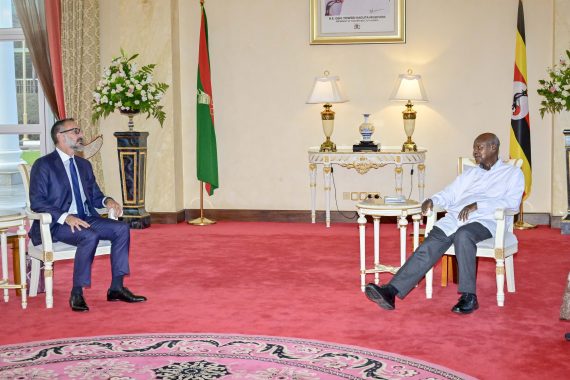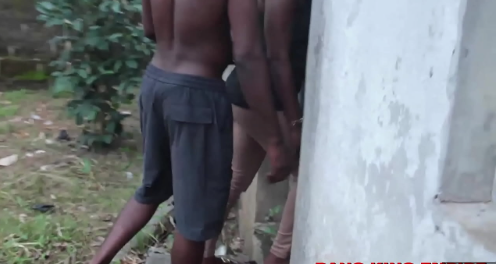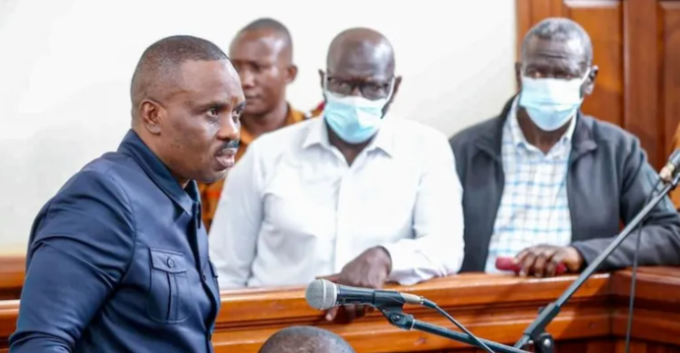Women activists say teenage girl pregnancies are blocking majority of girls from attaining higher levels of education and taking up leadership positions in society.
An average of 1,000 teenage pregnancies are reported per day in Uganda, according to Ministry of Health data. According to Uganda Bureau of Statistics UBOS (2018), almost a quarter (one in four or 25%) of Ugandan women have given birth by the age of 18.
According to the Director of Programs at Forum for Women in Democracy, Elizabeth Ampairwe; early pregnancies have continued to hinder women from engaging in leadership spaces.
She was speaking at the Annual Sisterhood Forum, on Monday where several girl and women rights activists and organisations converged to discuss the plight of the girl child, resulting from early pregnancies among other factors.
They also discussed women’s financial liberation, reproductive health rights, leadership and violence against women.
Ampairwe explained that on many occasions when a girl child gets pregnant, they drop out of school and lose an opportunity of being educated. She adds that this blocks them from penetrating leadership spaces the fact that they lack academic qualifications.
Flavia Nabagabbe, the National Unity Platform(NUP) women guild leader notes that poor child upbringing by parents has left many young girls falling prey to the antics of men, hence pregnancy. She cautions parents to be vigilant since holidays are drawing closer and male vultures await to feed on innocent girls.
Forum for Women in Democracy (FOWODE) representative, Nakintu Sarah noted that issues of rising domestic violence in homes have forced parents to neglect their duty towards children. She adds that the government has not done enough in curbing the vice and creating awareness in the public.
She further states that women still have a very bad attitude towards each other and that “this fails them from properly advocating for their rights and those of the girl child.”
She, however, urges government to take note on the matter to create more awareness in the public.
Compiled by Rashidah Nakaayi

















